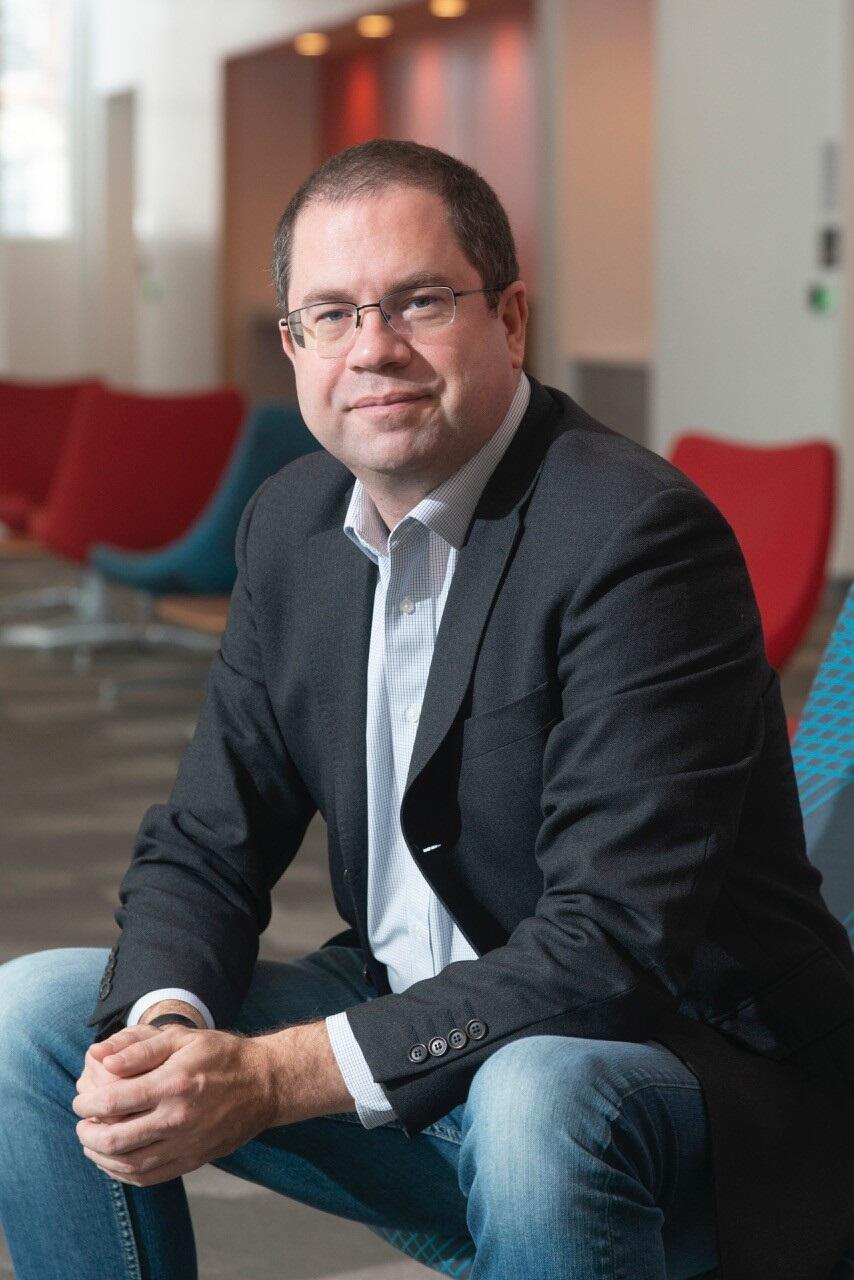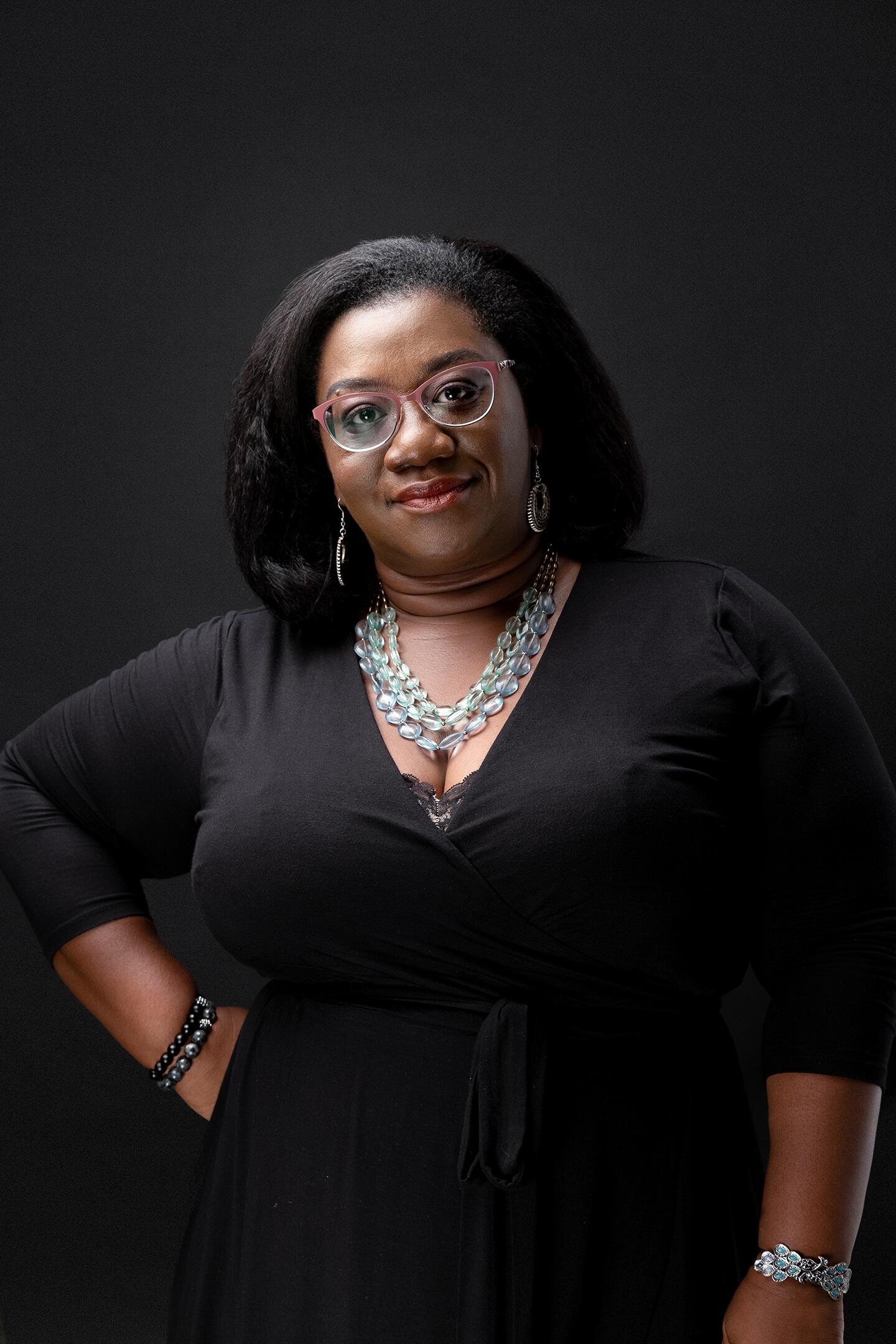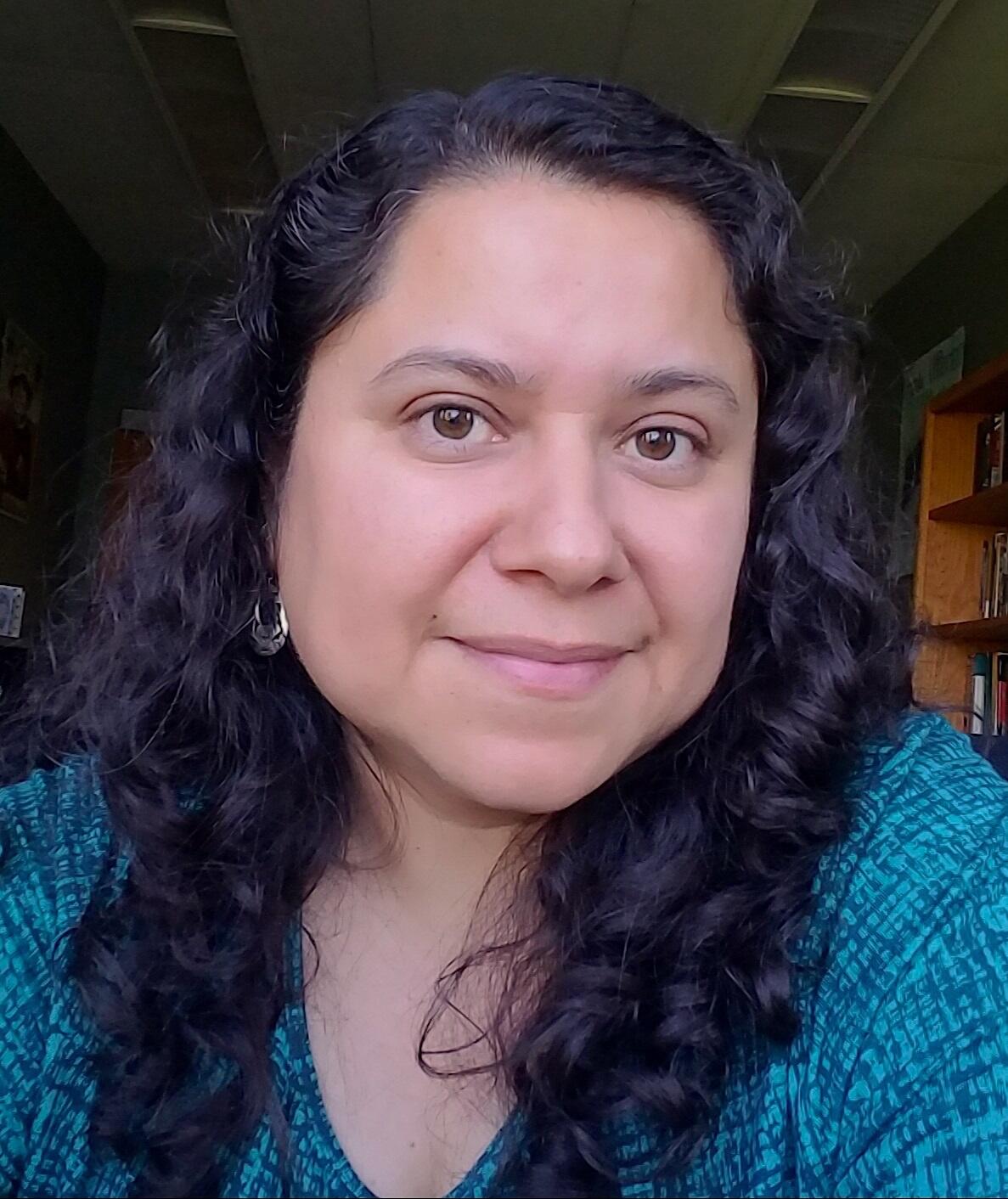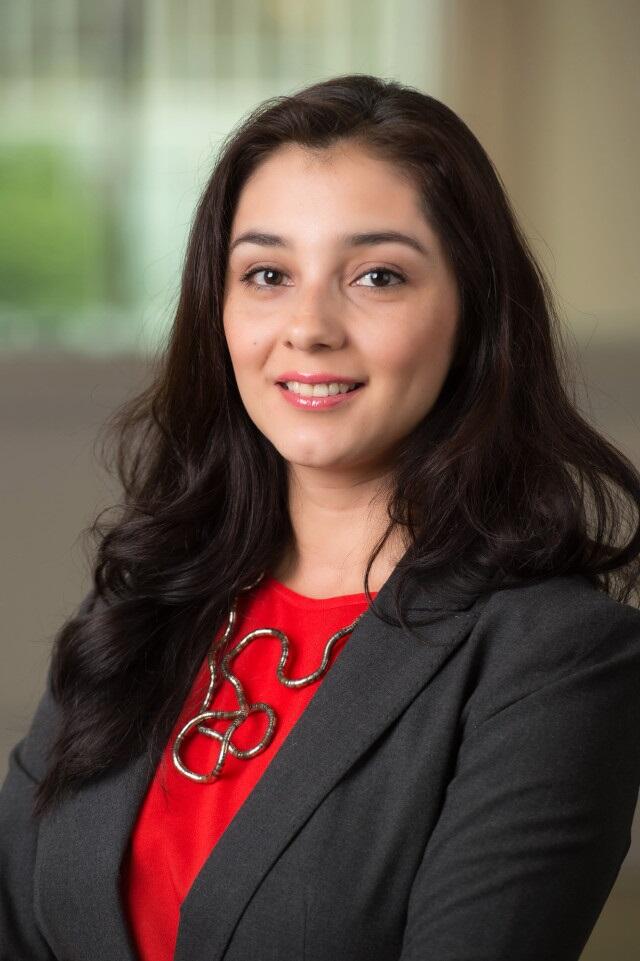Jan. 24, 2020
VCU spring speaker events to feature authors of ‘Stolen,’ ‘Thick’ and other critically acclaimed works
The Humanities Research Center will also feature speakers as part of a series on “Borders, Boundaries and Global Frontiers.”
Share this story
The author of the new book “Stolen: Five Free Boys Kidnapped into Slavery and Their Astonishing Odyssey Home” will speak at Virginia Commonwealth University on Monday, Jan. 27, kicking off the spring speaker series of the Humanities Research Center in the College of Humanities and Sciences.
The author, Richard Bell, Ph.D., is an associate professor in the Department of History at the University of Maryland. The book tells the true story of five boys who were kidnapped in the North and smuggled into slavery in the Deep South, and their daring attempt to escape and bring their captors to justice.
Bell will speak at 4 p.m. in Room 250 of James Branch Cabell Library, 901 Park Ave. The event will feature a talk, Q&A and book sale and signing.
The Humanities Research Center is also launching a new spring speaker series with the theme of “Borders, Boundaries and Global Frontiers.” The events, all of which are free and open to the public, will feature talks by visiting scholars from UCLA, the Pew Research Center, Loyola University New Orleans and Princeton University.
“The goal of the Humanities Research Center's ‘Borders, Boundaries and Global Frontiers’ series is to encourage informed, constructive conversations about the human and environmental costs of borders, inequality, global climate change and involuntary displacement in the early 21st century. These are some of the most pressing issues of our time,” said Brooke N. Newman, Ph.D., interim director of the Humanities Research Center and an associate professor in the Department of History.
Also this spring, the center will feature VCU faculty authors as part of its “Meet VCU’s Authors” series.
Tressie McMillan Cottom, Ph.D., an associate professor in VCU’s Department of Sociology and author of the critically acclaimed “Thick: And Other Essays,” a collection of essays on beauty, media, money and more that was a finalist for the National Book Award for Nonfiction in 2019, will speak Wednesday, Feb. 5, in Room 303 of Cabell Library. The event will include a talk, Q&A and book sale and signing.
The full schedule of Humanities Research Center spring speaker events is:

Jan. 27
4 p.m.
Cabell Library, Room, 250
Richard Bell, Ph.D., Department of History, University of Maryland
“Stolen: Five Free Boys Kidnapped into Slavery and Their Astonishing Odyssey Home”
Bell presents a gripping and true story about five boys who were kidnapped in the North and smuggled into slavery in the Deep South — and their daring attempt to escape and bring their captors to justice.

Feb. 5
4 p.m.
Cabell Library, Lecture Hall (Room 303)
Tressie McMillan Cottom, Ph.D., VCU Department of Sociology
“Thick: And Other Essays”
In eight highly praised treatises on beauty, media, money and more, McMillan Cottom — award-winning professor and acclaimed author of “Lower Ed” — is unapologetically “thick”: deemed “thick where I should have been thin, more where I should have been less.” McMillan Cottom refuses to shy away from blending the personal with the political, centering black women in uncommonly incisive analysis of social problems. The event will feature a talk, Q&A and book sale and signing.

Feb. 12
4 p.m.
Cabell Library, Lecture Hall
Leisy Abrego, Ph.D., Department of Chicana/Chicano Studies, UCLA
“Communists, Criminals and Caravans: The Social Construction of Central Americans”
Thousands of Central Americans are leaving their homes in El Salvador, Guatemala and Honduras to seek refuge in the United States. What is propelling their mass exodus and why should the U.S. society care? This talk provides political and social context of U.S.-Central American relations from the 1980s to the present to understand how U.S. foreign policies in the region and immigration policies at home play an important role in the current situation.

March 24
4 p.m.
Cabell Library, Lecture Hall
Ana Gonzalez-Barrera, senior researcher, Pew Research Center
“Mexican Migration to the U.S.: Current Trends and Global Context”
This talk will cover the historical flows and trends on Mexican immigration to the U.S., including recent trends in apprehensions and deportations at the U.S.-Mexico border. Gonzalez-Barrera also will describe current trends on immigration in the U.S. against the backdrop of global migration.
March 30
4 p.m.
University Student Commons, Commonwealth Ballrooms A-B
Christopher Schaberg, Ph.D., Department of English, Loyola University New Orleans
“Public Humanities and Media Ecology in the Anthropocene”
What are the obligations of humanities scholars toward publics, and how are these obligations complicated by the accumulating realities of the Anthropocene? How can media ecology help humanities scholars navigate the conundrums and opportunities of this charged moment? Schaberg's talk will think through these questions and offer useful tips for scholars interested in engaging and enacting the public humanities.
April 16
5 p.m.
Cabell Library, Room 250
Andrew Murphy, Ph.D., VCU Department of Political Science
“William Penn: A Life”
William Penn's name is everywhere, but how much do most people really know about him? His is not the face on the Quaker Oats box, and Pennsylvania, it turns out, was not named after him. Three hundred years after Penn's death, Murphy sought a fresh look at this iconic American figure. The result — “William Penn: A Life,” published last year — is a complex portrait of a man whose legacy we are still grappling with today.
April 21
4 p.m.
Cabell Library, Lecture Hall
Robert Nixon, Ph.D., Department of English, Princeton University
“Environmental Martyrdom and the Fate of the Forests”
Nixon will address the current surge in environmental martyrdom against the backdrop of the resource wars in the Amazon and beyond. The talk will offer an international perspective on the value of our planet’s inhabited forests and the threats to their viability. Nixon asks: What is the relationship between the sacrificial figure of the environmental martyr and the proliferation of sacrifice zones under neoliberal globalization? And what is the relationship between the fallen martyr and the felled tree?
Subscribe to VCU News
Subscribe to VCU News at newsletter.vcu.edu and receive a selection of stories, videos, photos, news clips and event listings in your inbox.










